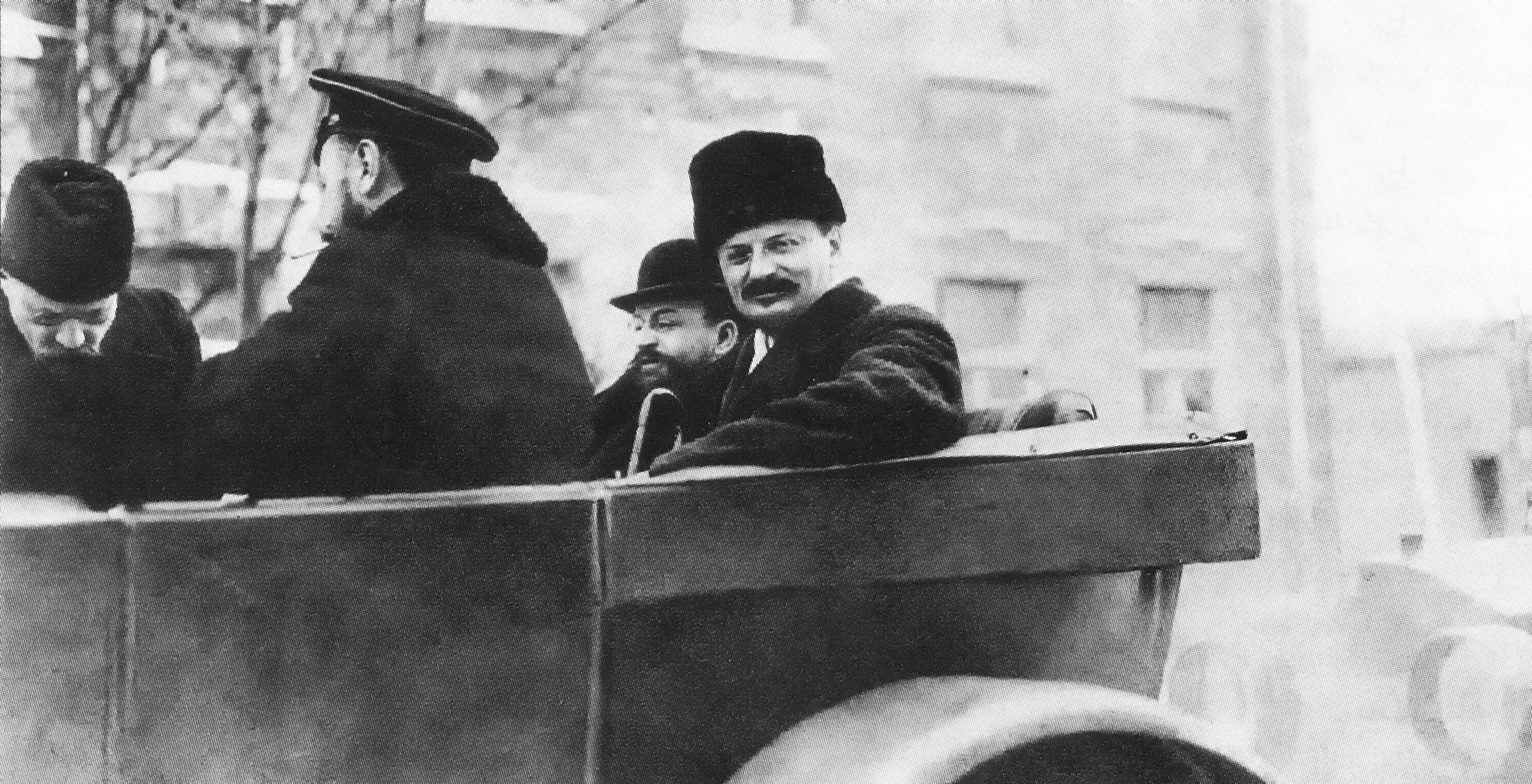 |
| Old Gunning Courthouse, first opened 1879, now a community facility. Photo by Michael de Percy. |
The Gunning Focus Group hosted a mid-winter afternoon of parlour music for an enthusiastic audience of about 40 people today in the Old Gunning Courthouse.
The acoustics of the old courtroom are quite good, and the Yamaha upright piano is in good condition and well-tuned. This was confirmed by the dexterous Crookwell maestro, Katrina Rivera, who is no stranger to Gunning. Ms Rivera delighted with Debussy's Clair de Lune, my personal favourite, among other classics from Mozart and Handel.
Ms Rivera also explained the instruments some of the pieces were originally written for, including the forte piano and the square piano. It really is true that you learn something every day!
Ms Rivera also explained the instruments some of the pieces were originally written for, including the forte piano and the square piano. It really is true that you learn something every day!
 |
| Katrina Rivera and Susan West performing Swan Lake. Photo by Michael de Percy |
Today's highlights included several original arrangements by Ms Rivera and flautist (and self-styled "parlour" pianist) Susan West, with vocals performed by the talented soprano, Georgia Pike.
While Dr West's renditions of Swan Lake and Princess Leia's Theme, accompanied by piano, were standouts, Dr West also accompanied Ms Pike's wonderful vocal work.
 |
| Soprano Georgia Pike leading the audience in song. Photo by Michael de Percy. |
Gunning local and Gunning Focus Group host, Mike Coley, said there were three "firsts" at today's event.
This was the first time that the heater didn't work (but we were saved by our talented vocalist, so despite the cold weather, the courtroom was quite comfortable), it was the first time a piano duet (by Ms Rivera and Dr West) had been performed for the group, and it was also the first time that audience participation was part of the entertainment.
 |
| Concert Details |
Ms Pike led the audience in a number of songs (the lyrics conveniently provided by our vocalist), including Home Sweet Home (Payne & Bishop); Loch Lomond (Traditional); and If You Were the Only Girl in the World (Grey & Ayer). The participation was welcomed by the enthusiastic audience, many of whom were obviously well-versed in the lyrics!
The Gunning Focus Group have more in store for us this July with a piano and cello concert.
Davis Pereira, cello, and Ed Neeman, piano, will present a concert of works by Rachmaninov and Prokofiev in the Courtroom, Old Gunning Courthouse, at 2.30pm on Sunday, 30 July. Tickets $30, concessions and Focus Group members $25. Presented by Gunning Focus Group.
Enquiries and bookings (02) 4845 1566, 0417 663 045 or michael.coley@bigpond.com. Please note the later start time due to Gunning markets.
Why not make a day of it and visit the Gunning Lions Club Markets beforehand?
 Donate
Donate








